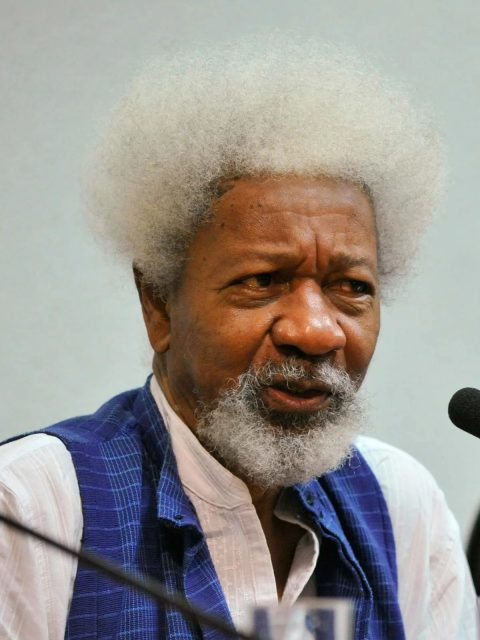Characters In The IJMB Literature Text Antigone By Sophocles; This study material is suitable for students who are sitting for the forthcoming IJMB examination. The drama text titled Antigone is used for IJMB examination till 2024.
Summary Of The IJMB Literature Text Antigone By Sophocles
Characters In The IJMB Literature Text Antigone By Sophocles
- Antigone: The protagonist of the play and daughter of Oedipus. Antigone is a strong-willed and courageous young woman who defies the orders of King Creon to bury her brother Polynices. She represents the values of family, loyalty, and moral duty. Antigone’s unwavering commitment to her principles and her willingness to face the consequences of her actions make her a symbol of defiance against unjust authority.
- Creon: The antagonist and the king of Thebes. Creon is a strong, authoritative ruler who values the stability and order of the state above all else. He issues a decree forbidding the burial of Polynices, which Antigone defies. Creon represents the concept of the rule of law and the dangers of pride and stubbornness. Throughout the play, he undergoes a tragic downfall as his decisions lead to the death of his son, wife, and ultimately his own self-realization.
- Ismene: Antigone’s sister and foil character. Ismene is cautious and obedient, believing in the importance of following authority and avoiding trouble. While initially hesitant to join Antigone in burying Polynices, she later expresses a desire to share in her sister’s punishment. Ismene represents the conflict between personal conscience and societal expectations.
- Haemon: Creon’s son and Antigone’s fiancé. Haemon is torn between his loyalty to his father and his love for Antigone. He attempts to reason with Creon and convince him to spare Antigone’s life. Haemon represents the voice of reason and moderation, highlighting the clash between personal relationships and political power.
- Tiresias: A blind prophet who warns Creon of the consequences of his actions. Tiresias serves as a moral guide and brings a message of divine punishment. His prophecy foreshadows the tragic events that unfold as a result of Creon’s stubbornness.
- Eurydice: Creon’s wife and Haemon’s mother. Eurydice has a minor role in the play but plays a significant part in the tragic ending. Upon learning of her son’s death, she commits suicide, adding to Creon’s grief and guilt.
These are some of the main characters in “Antigone” by Sophocles. Each character embodies different virtues, flaws, and conflicts, contributing to the overall themes of morality, duty, and the consequences of one’s actions.
Minor Characters
In addition to the main characters, “Antigone” by Sophocles features several minor characters who play important roles in the development of the play. Here are some notable minor characters:
- Chorus: The Chorus is a group of Theban elders who provide commentary and reflect on the events of the play. They serve as a representative of the city’s collective voice and often express moral and ethical viewpoints. The Chorus offers insight, foreshadows events, and helps to set the tone of the play.
- Sentry: The Sentry is a messenger who brings news to King Creon about the burial of Polynices. He is the first to inform Creon that someone has defied his edict and buried the body. The Sentry’s appearance provides a catalyst for the conflict between Creon and Antigone.
- Messenger: The Messenger appears towards the end of the play and delivers news of the tragic events that occur offstage. The Messenger describes the suicides of Antigone, Haemon, and Eurydice. Through Messenger’s accounts, the audience learns of the devastating consequences of Creon’s actions.
- First and Second Guards: The Guards serve as comic relief in the play, engaging in lighthearted banter and games. They are the ones who capture Antigone in the act of burying Polynices and bring her before Creon. While their primary role is to provide a contrast to the seriousness of the central conflict, they also highlight the indifference of ordinary individuals to the tragedy unfolding before them.
These minor characters contribute to the overall narrative and themes of the play, offering different perspectives and insights. While they may have limited stage time, their presence helps to deepen the understanding of the central characters and the larger moral dilemmas explored in “Antigone.”








